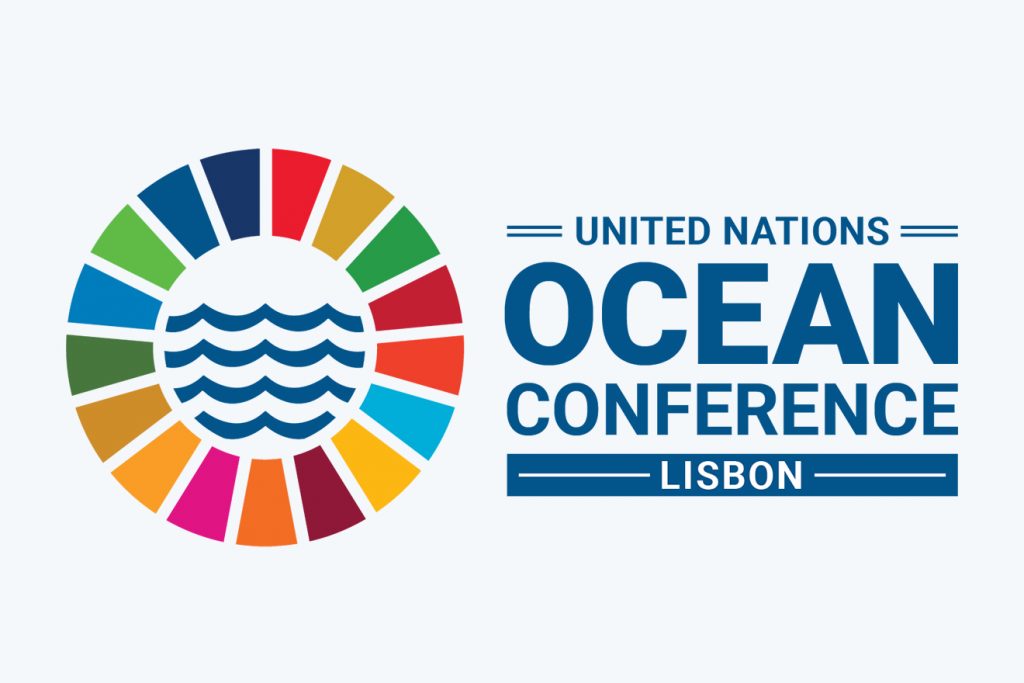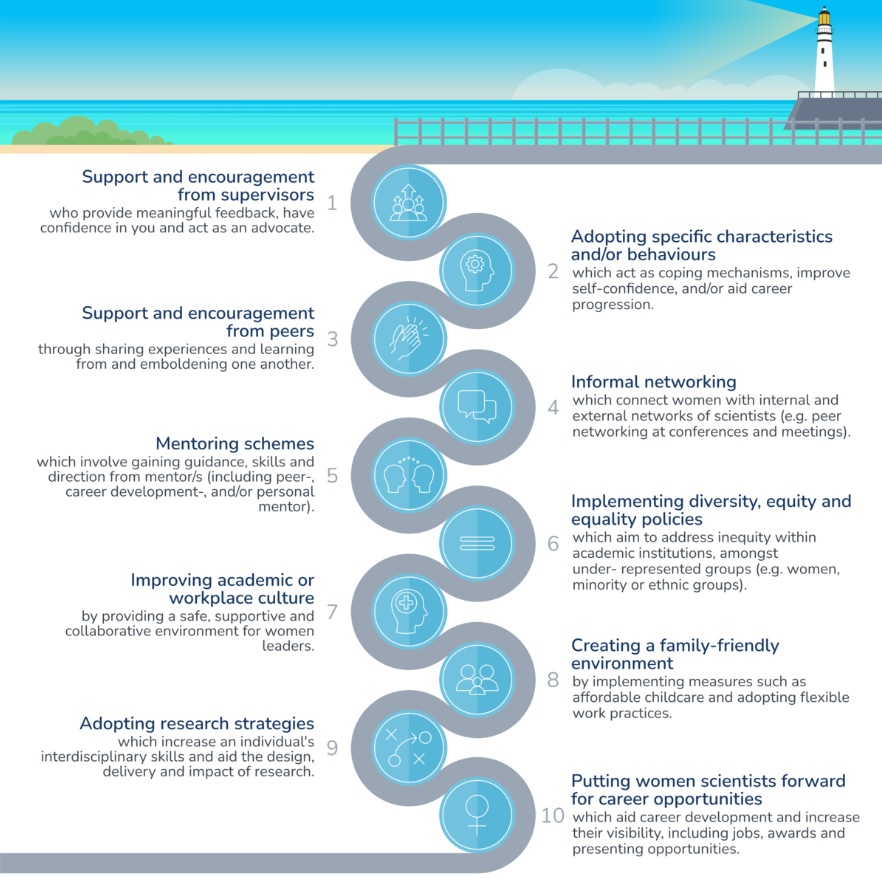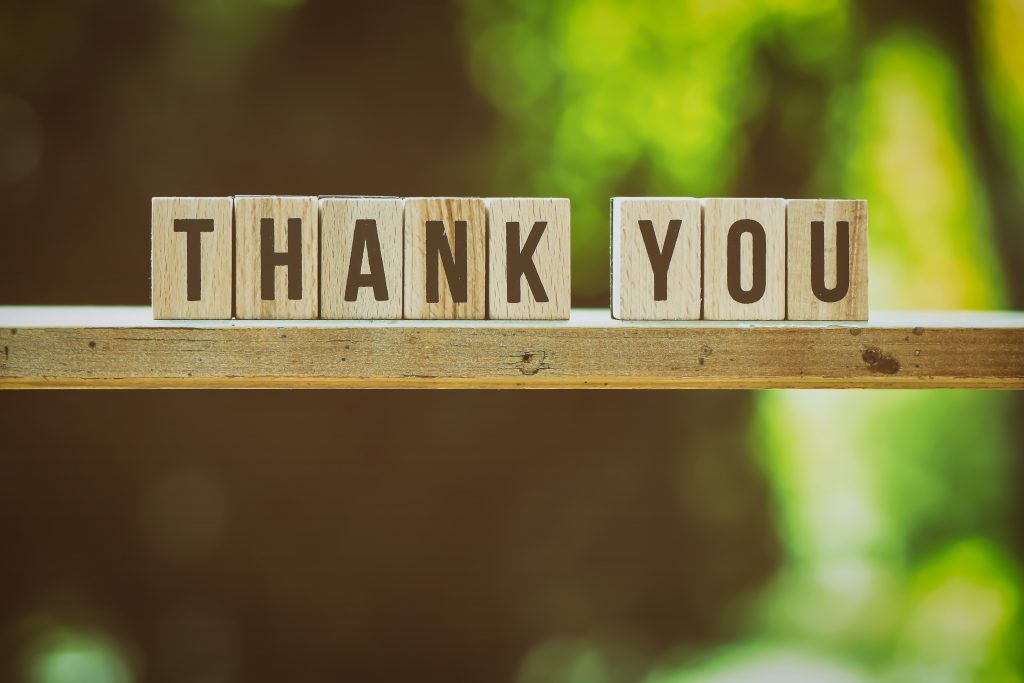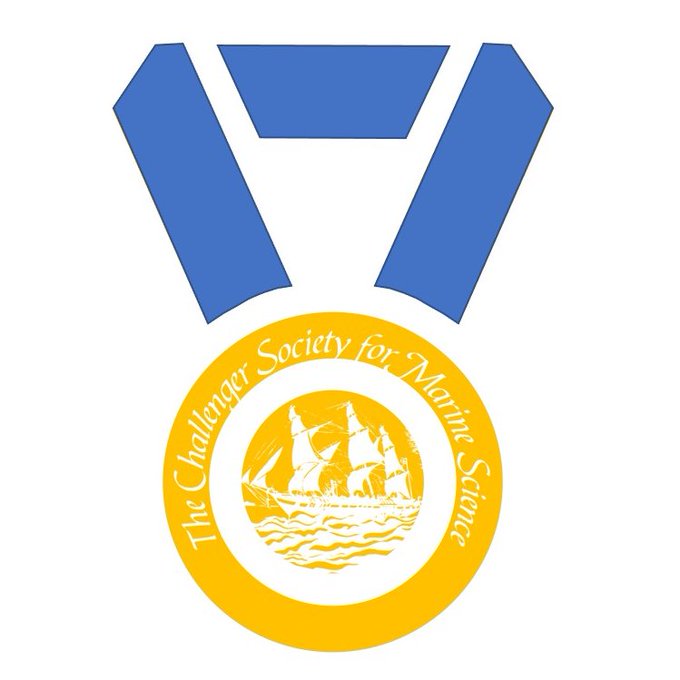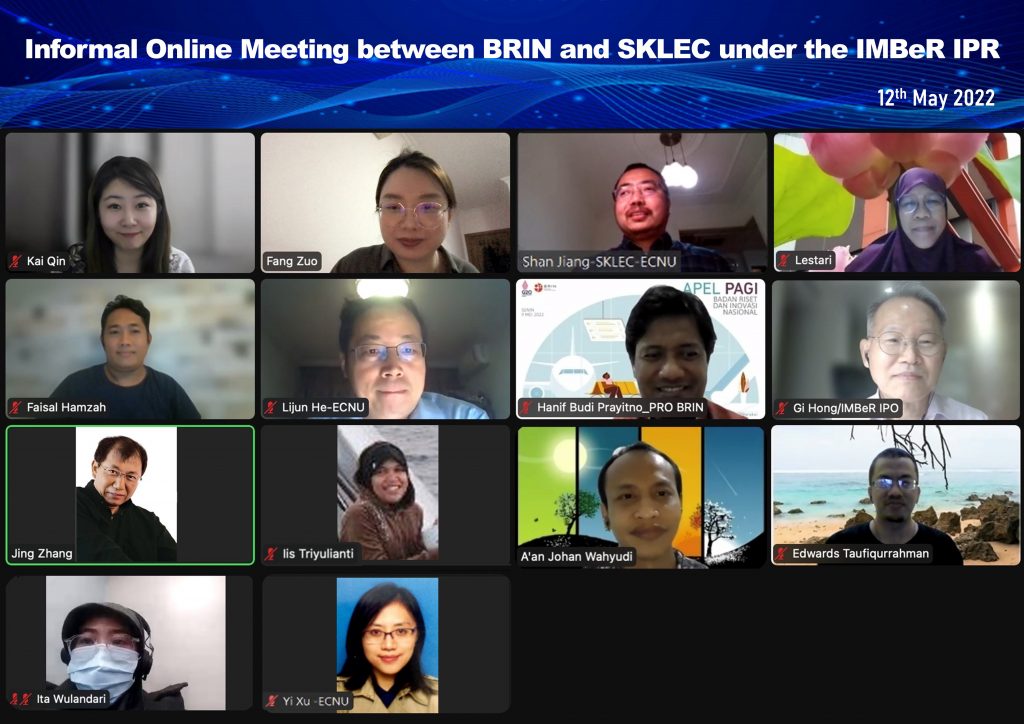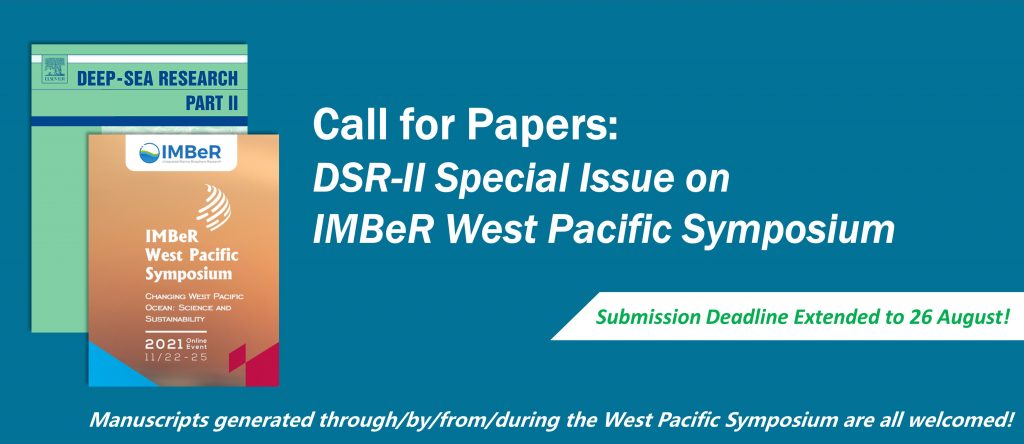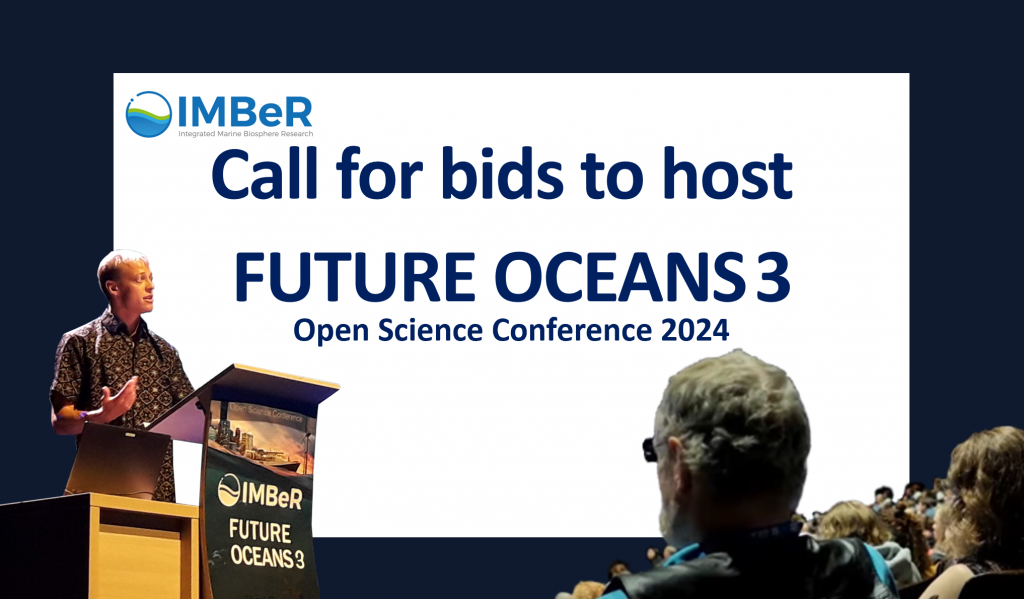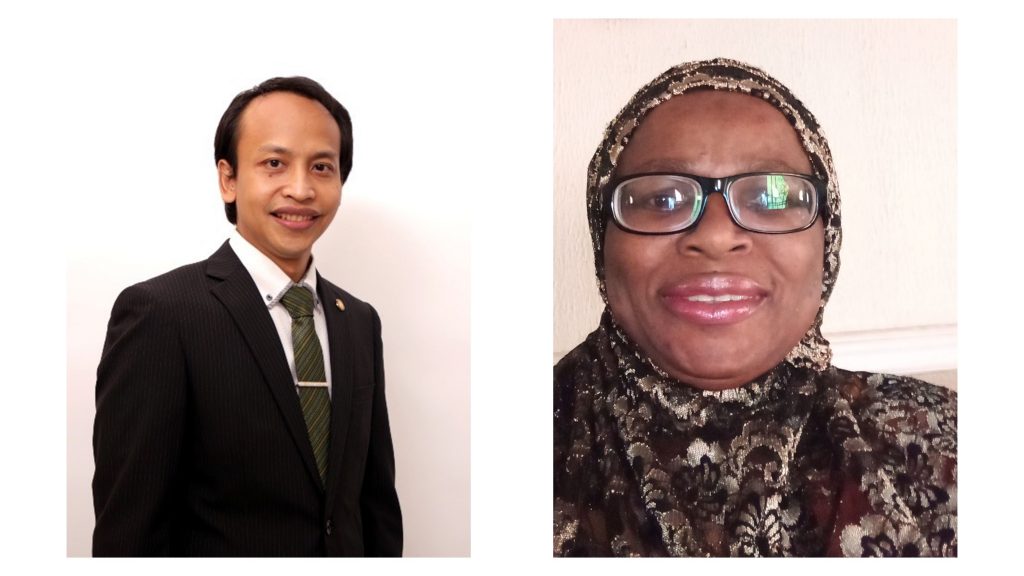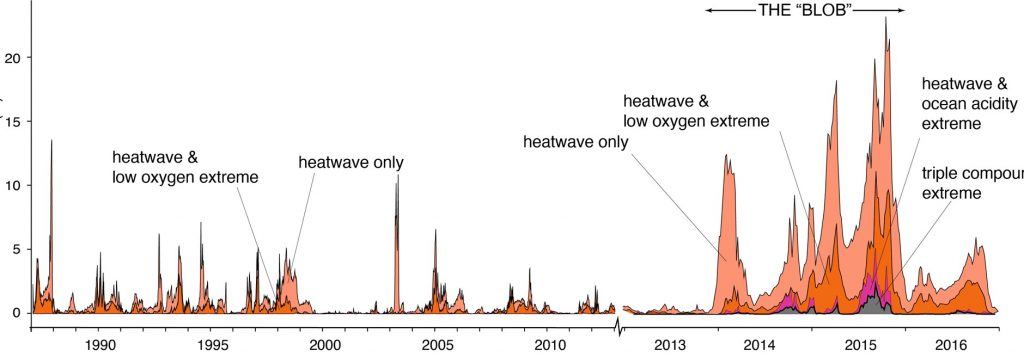IMBeR Contribution to the 2022 UN Ocean Conference
IMBeR Scientific Steering Committee (SSC) and community members contributed to the 2022 UN Ocean Conference that took place in Lisbon, Portugal in late June and early July. Ocean Negative Carbon Emission and Sustainable Development https://once.xmu.edu.cn/__local/F/23/E5/35D2D279416EB0E00311D4F40F3_449B5A20_1653F571.mp4?e=.mp4 The event focused on addressing, in particular, ocean negative carbon emission (ONCE) approaches and relevant ocean-based solutions for the mitigation…
